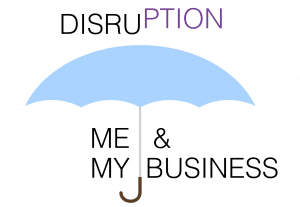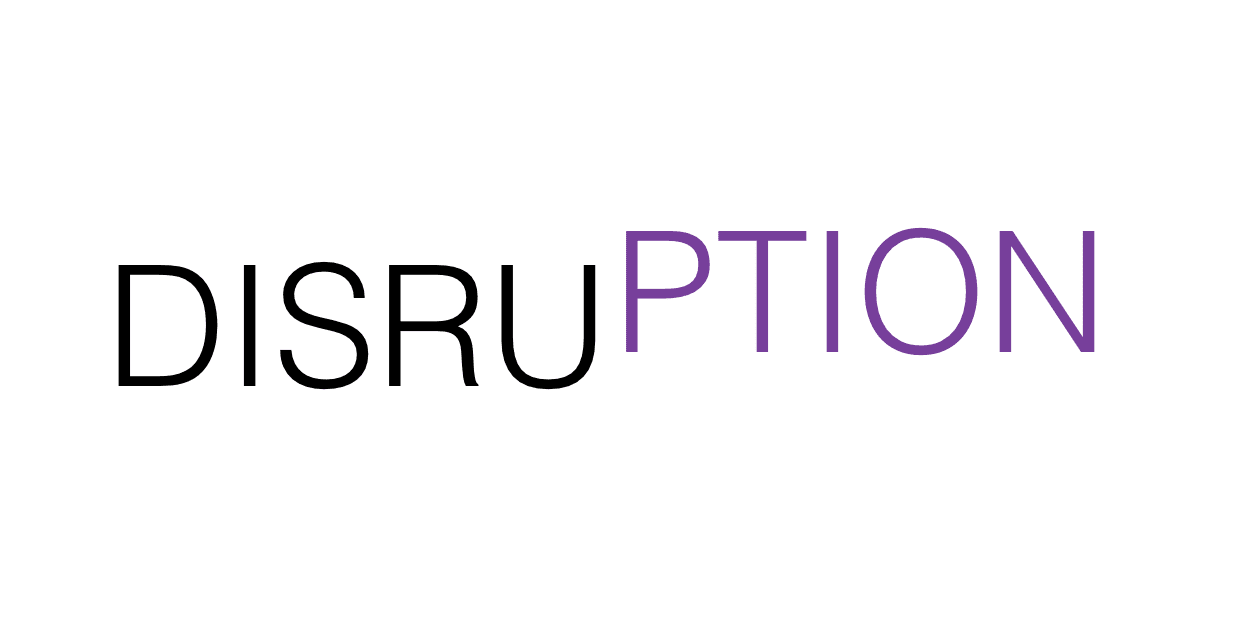I was on a plane the other day and was quite amused to hear my neighbour, a fairly senior executive in his early 40s, suggest that his company (in fact, his industry) was actually protected from disruption.

The industry in question was Insurance and the player in question was a very large player on mainland Europe. I thought to myself: How on earth does someone in 2017 even dare to think that they are immune to disruption? Granted there are some sectors that have more natural defence mechanisms than others, such as the manufacturer of nuclear power plants, super luxury airplanes and yachts, antique clock repairs… But, for ordinary consumer facing and/or broad-based B2B businesses, the concept of being disruption-proof seemed a deep folly. For me, they are definitely at risk, especially with such a mindset.
What does it take to have a disruption-proof business?
As far as I’m concerned, it's hard to say that any business or sector will be impervious to the disruptive forces at large. Share on X These include the changing nature of the customer, as well as the onslaught of new and powerful technologies. Moreover, more new tech is coming down the pipe that might cause even greater paradigm shifts. If there is little hope of being truly disruption-proof, I can admit there are certainly some characteristics that will help assuage or possibly delay disruption. This would include if your business….:
- has only a handful of (potential) clients
- is extremely specialized
- is geographically remote/inaccessible
- is in ultra-hyper luxury
- involves government defenses
- …
Then again, none of these characteristics is a guarantee. Even being regulated is no guarantee. In a pre-Internet world, the disruptive mindset of Richard Branson’s Virgin certainly proved many seemingly “protected” industries wrong.
A veneer of protection
Naturally, when you look at the taxi business, you could imagine why taxi drivers thought that the medallion/license would have protected them. If you’re a hotel business, you might be excused in thinking that the capital intensive nature of building and running hotels would be an adequate barrier. But today, having an exceptional product or established long-term relationships with customers is just not enough to hold off the disruptive forces out there… It all amounts to a veneer of protection.
What makes for your being disruption-prone?
Taking a cue from the customers’ perspective, sectors that seem to enjoy oversized power and control are likely creating large margins and many unhappy customers. Here are just some of the characteristics that make a sector a good candidate for real disruption:
- unhappy customers
- customers who feel tied up involuntarily
- too many intermediaries
- price opacity
- poor user experience
- bad customer service
- …
So is he right? Is the Insurance sector disruption-proof?
Yes, the Insurance sector has a degree of specialization and regulation. And, like many of the financial services sectors, the threat of an entire overhaul from a fintech is probably quite overblown, at least in the short-term. Fintech companies are often ill-equipped to be valiant, much less valid, competitors. Moreover, many banks are contenting themselves with a strategy of acquisition to either partner or subdue pesky startups. Many of the digital-only banks that are cropping up are only taking small slivers of business. Robo advisors still only have a marginal market share of the financial advisor business. Artificial intelligence has a long way to go to replace private advisors for the ultra wealthy. But, in insurance, where the relationship between customer and supplier is cold, undifferentiated and fraught with small print “nuisances”, the opportunity for alternative services to crop up seem legion.
If I were in the insurance business, here are a few examples of things I’d be worried about:
- when Amazon and Google get into our homes and know more about our internal possessions and habits…
- when Facebook, phone makers and telcos are able to evaluate our risk factors better…
- when technologies like social media and genomics allow for a much more accurate reading of customer needs and risks
- when startups pick off little parts of the business that matter (ex: Wrisk that provides insurance in a transparent manner according to your exact needs as opposed to a blanket/banal coverage… )
- when transparency — aided by AI — undermines the fat margin contracts that systemically continue to exist
- …
Bottom line: I don’t believe anyone is disruption proof. Even trying to become futureproof is a journey, not a guarantee of long-term success, by any means. The first point I’d say is that you need to be rather obsessively thinking about why your business will be disrupted as opposed to hoping that yours is protected. Sure you might be able to buy your way out of some jams, but ultimately, you had better adopt a mindset that says: change is for sure, growth is the option.* Share on X
*Quote from my friend Sam Villa











